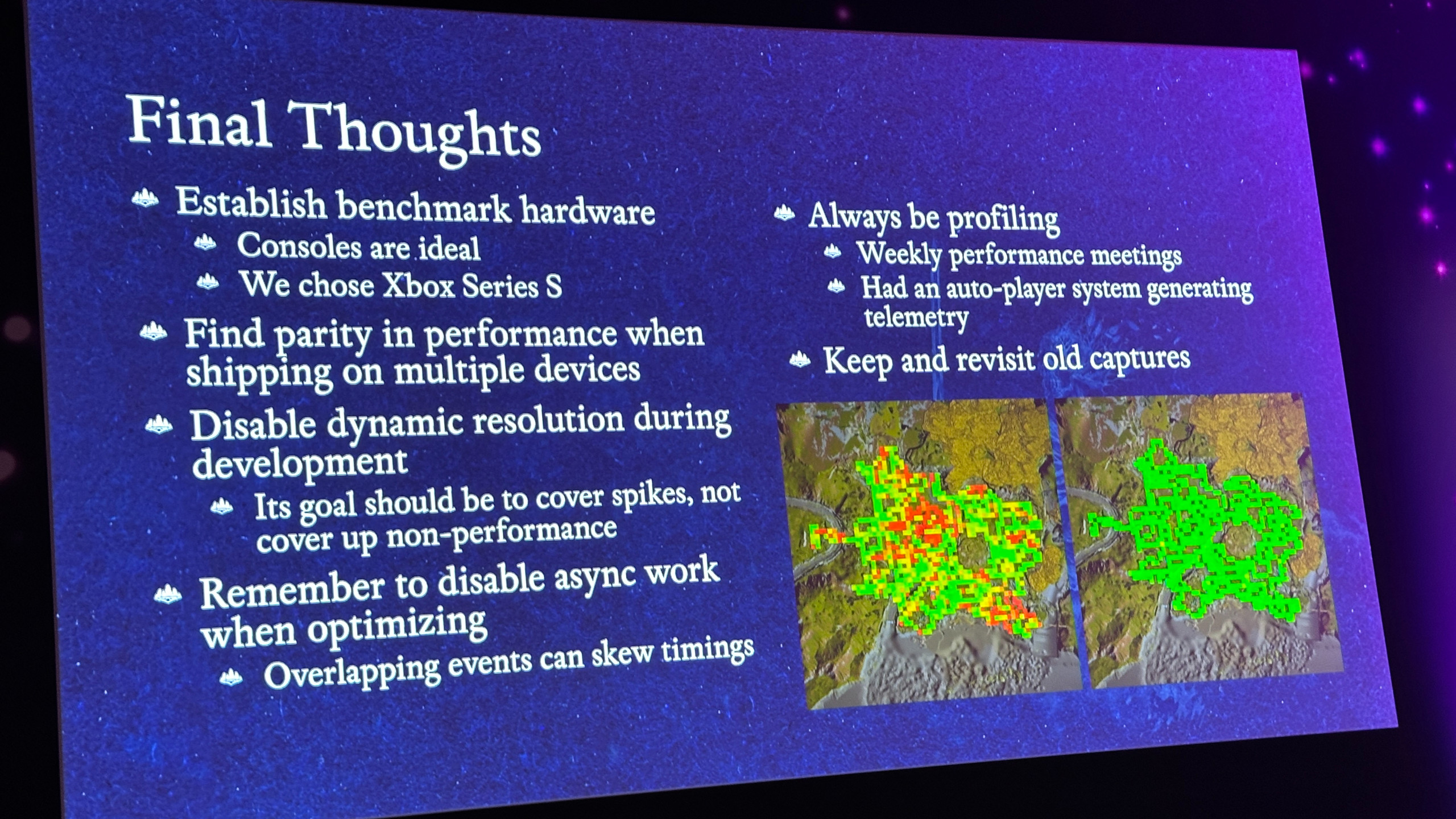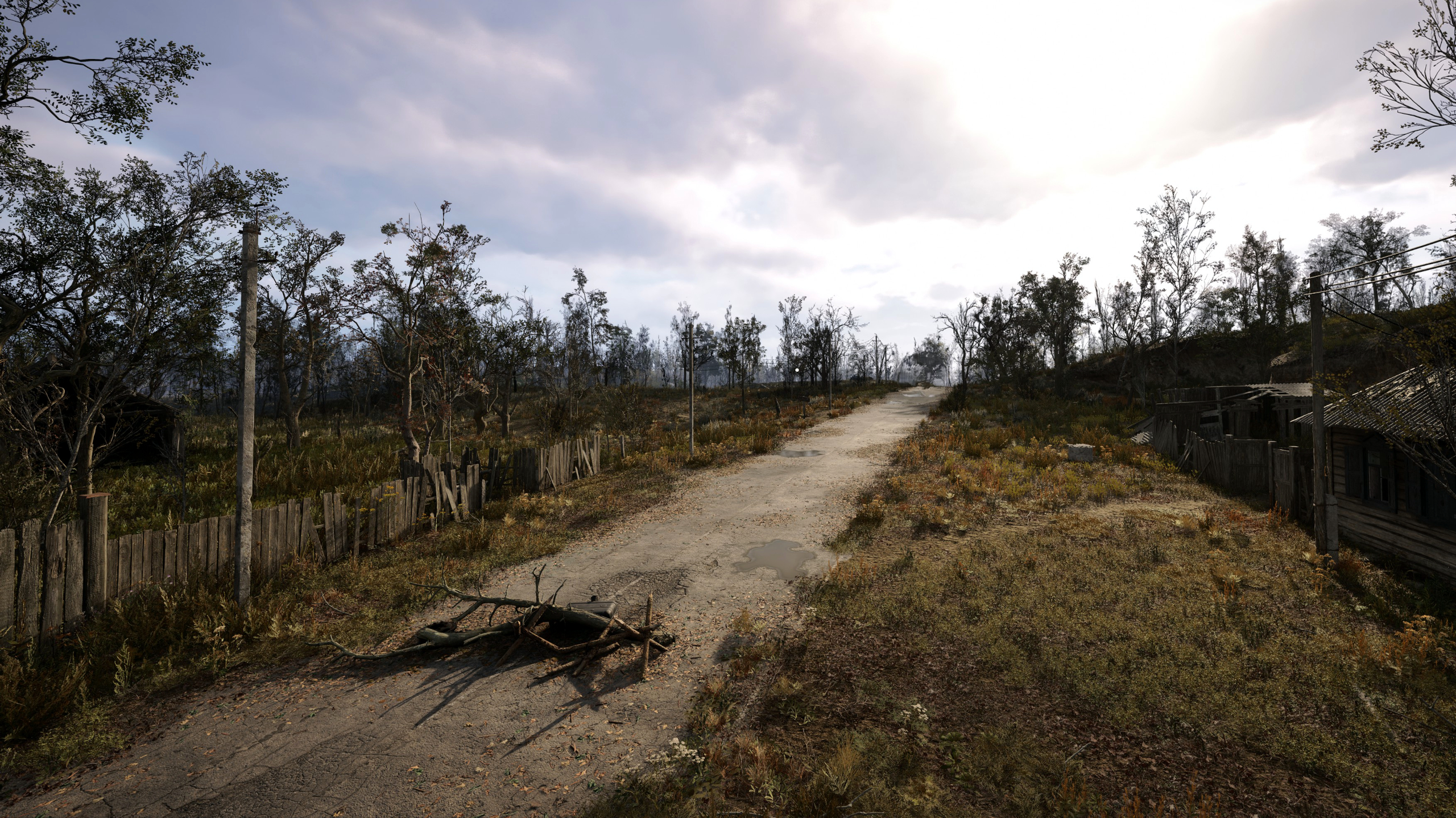Epic's CEO Tim Sweeney wades in on the UE performance debate: 'The primary reason Unreal Engine 5-based games don't run smoothly on certain PCs or GPUs is the development process'
Put simply, he's saying that devs need to aim low first, then target higher-tier hardware later on.

Keep up to date with the most important stories and the best deals, as picked by the PC Gamer team.
You are now subscribed
Your newsletter sign-up was successful
Want to add more newsletters?

Every Friday
GamesRadar+
Your weekly update on everything you could ever want to know about the games you already love, games we know you're going to love in the near future, and tales from the communities that surround them.

Every Thursday
GTA 6 O'clock
Our special GTA 6 newsletter, with breaking news, insider info, and rumor analysis from the award-winning GTA 6 O'clock experts.

Every Friday
Knowledge
From the creators of Edge: A weekly videogame industry newsletter with analysis from expert writers, guidance from professionals, and insight into what's on the horizon.

Every Thursday
The Setup
Hardware nerds unite, sign up to our free tech newsletter for a weekly digest of the hottest new tech, the latest gadgets on the test bench, and much more.

Every Wednesday
Switch 2 Spotlight
Sign up to our new Switch 2 newsletter, where we bring you the latest talking points on Nintendo's new console each week, bring you up to date on the news, and recommend what games to play.

Every Saturday
The Watchlist
Subscribe for a weekly digest of the movie and TV news that matters, direct to your inbox. From first-look trailers, interviews, reviews and explainers, we've got you covered.

Once a month
SFX
Get sneak previews, exclusive competitions and details of special events each month!
In the world of PCs and PC gaming, debates are usually quite evenly distributed. AMD vs Intel. AMD vs Nvidia. WASD vs arrow keys. Cats vs dogs. You'll find arguments for either side most of the time. However, when it comes to Unreal Engine 5, comments from PC gamers are mostly on the side of "it just runs really badly." Epic Games has tried to counter such claims many times before, but with the debate still running, CEO Tim Sweeney has stepped in to say that the main reason why UE5 games don't run well is how they're developed in the first place.
He said this at the recent Unreal Fest event in Seoul, as reported by Korean site This is Game (via RedGamingTech). Press members asked about what Epic Games was doing to address optimisation issues for games developed on UE5. "The primary reason Unreal Engine 5-based games don't run smoothly on certain PCs or GPUs is the development process," replied Sweeney (alas, my grasp of Korean is non-existent, so hopefully the machine translation has got it spot on).
More specifically, he suggested that one particular problem is the choice of PC platform used in the formative stages of a game's creation. "Many developers begin by developing games for high-end hardware, then optimize and test on lower-spec devices in the final stages."
He's certainly not wrong. I've seen many examples of pre-alpha code being run on fairly high-end hardware, but that's only because those are the rigs that all the developers at the studio use. Once the bulk of the game is done, coders then work on getting it to run just as well on other configurations, but with less time being available to do this compared to the early stages of development, a comprehensive optimisation process isn't always possible.
While it is easier to scale up rather than down, one factor that can complicate the issue is when developers target consoles rather than PCs to judge performance. For example, the makers of Avowed (Obsidian Entertainment) picked the Xbox Series S for their benchmark hardware, and despite being a relatively weak platform, the PC version was decidedly wobbly on release. On face value, code for an x86-based console should be easy enough to translate to a PC, but they're disparate enough to make it quite a challenge.
Sweeney also acknowledged the fact that tweaking code for a range of platforms is simply a very time-consuming process. "Since optimization requires significant manual labor, we plan to provide automated optimization features for various devices, enabling developers to work faster and more easily.
"In addition to providing training on the overall testing and optimization process, it's crucial to raise awareness that optimization should occur early. If necessary, our engineers can directly intervene to raise awareness of optimization techniques and provide technical assistance."
Keep up to date with the most important stories and the best deals, as picked by the PC Gamer team.
The latter is arguably more useful than the former, because it takes time for Unreal Engine to be updated to include such tools and features, and even if they're released quickly, game developers are unlikely to use that version of UE for their game. In fact, because AAA development takes so long, many big releases come out on quite old versions of Epic's software package.
Take Stalker 2 as an example. That's an Unreal Engine 5.1 game, a version of the engine that's missing a huge amount of improvements that Epic has added over the years. The devs are currently working on shifting the whole thing across to version 5.5 (and perhaps may even make the jump to the much-lauded 5.6), but even if the update makes everything all super peachy, the damage has already been done to UE's reputation.
Avowed actually started on Unreal Engine 4, then switched to UE5, with the final release being version 5.3 in February of this year. You might wonder why game developers don't just update the tools they use the moment Epic releases a new version of Unreal Engine. After all, Unreal Engine 5.3 came out in September 2023, and 5.4 appeared in April of last year.
Well, if you've done a year or two of solid coding, you'll be familiar with the engine's quirks and foibles, and more importantly, you'll have stability. By that, I don't necessarily mean software crashes; it's about having as much consistency in the development process as possible, to avoid having to waste precious time adapting to new things. Sticking to the same engine, even if it's not the latest one available, isn't laziness—it simply involves fewer risks.
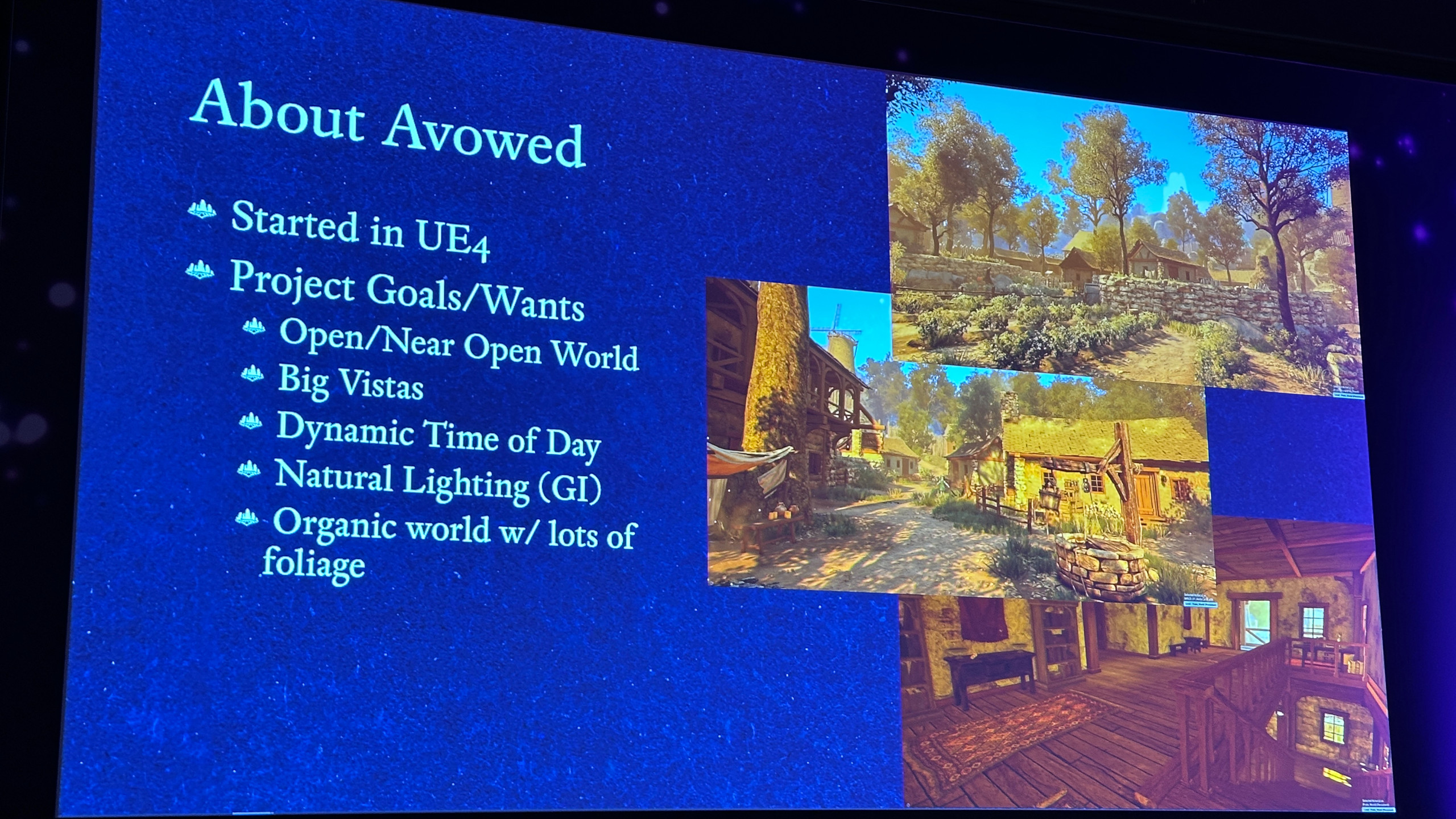
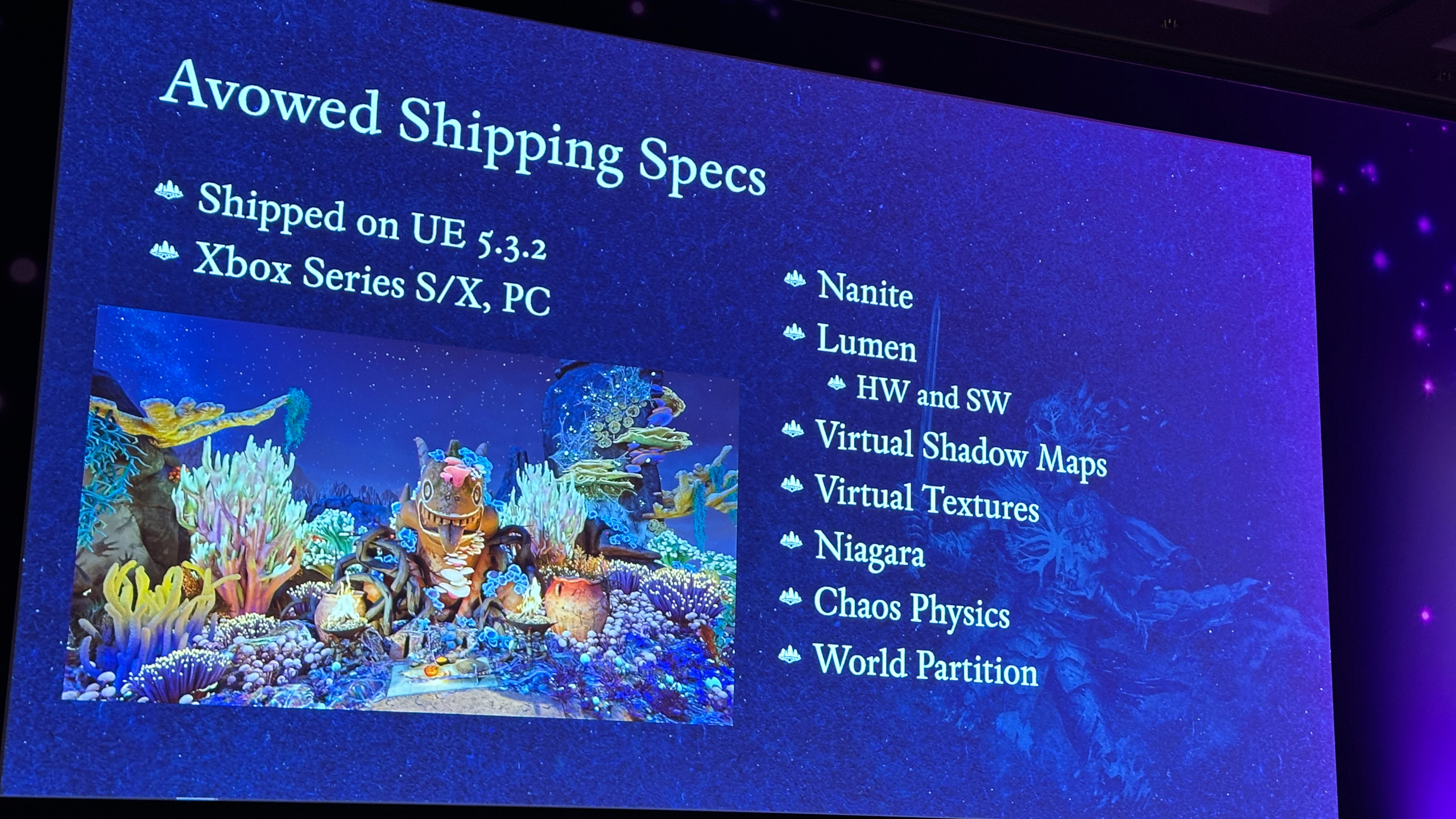
Ultimately, Sweeney is right in that the main reason why UE5 games don't often run well on PCs is the game development process itself, though I disagree that it's mostly down to choosing the wrong target platform. Of course, he's not going to blame his company's product, but at least Epic acknowledges the issue and it's trying to do something about it, just as Stalker 2's devs and others are as well.
I suspect that none of this will stop some folks from having the view that Unreal Engine 5 just runs really badly on PCs, because there will always be games based on that engine which get launched in a poorly optimised state. For those cases, either Epic and UE5 will incur the usual flak, or the developers themselves will be in the firing line.
Excuse me for a moment while I dance around my office, yelling 'same as it ever was', while a certain Talking Heads song plays in the background.
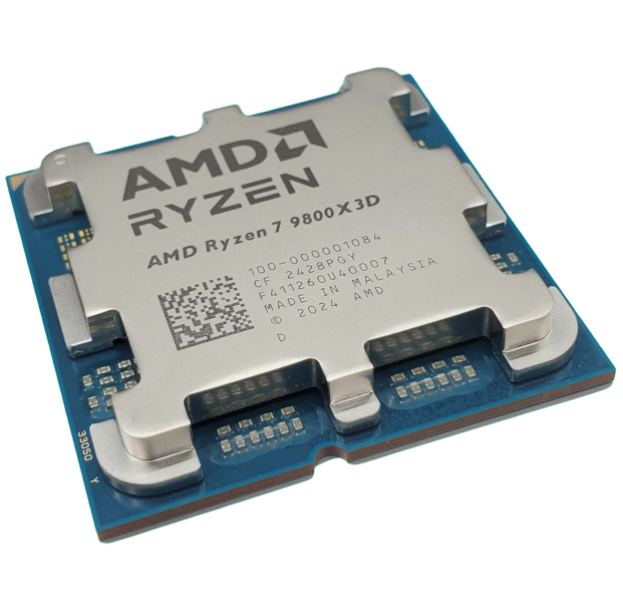
👉Check out our list of guides👈
1. Best CPU: AMD Ryzen 7 9800X3D
2. Best motherboard: MSI MAG X870 Tomahawk WiFi
3. Best RAM: G.Skill Trident Z5 RGB 32 GB DDR5-7200
4. Best SSD: WD_Black SN7100
5. Best graphics card: AMD Radeon RX 9070

Nick, gaming, and computers all first met in the early 1980s. After leaving university, he became a physics and IT teacher and started writing about tech in the late 1990s. That resulted in him working with MadOnion to write the help files for 3DMark and PCMark. After a short stint working at Beyond3D.com, Nick joined Futuremark (MadOnion rebranded) full-time, as editor-in-chief for its PC gaming section, YouGamers. After the site shutdown, he became an engineering and computing lecturer for many years, but missed the writing bug. Cue four years at TechSpot.com covering everything and anything to do with tech and PCs. He freely admits to being far too obsessed with GPUs and open-world grindy RPGs, but who isn't these days?
You must confirm your public display name before commenting
Please logout and then login again, you will then be prompted to enter your display name.
